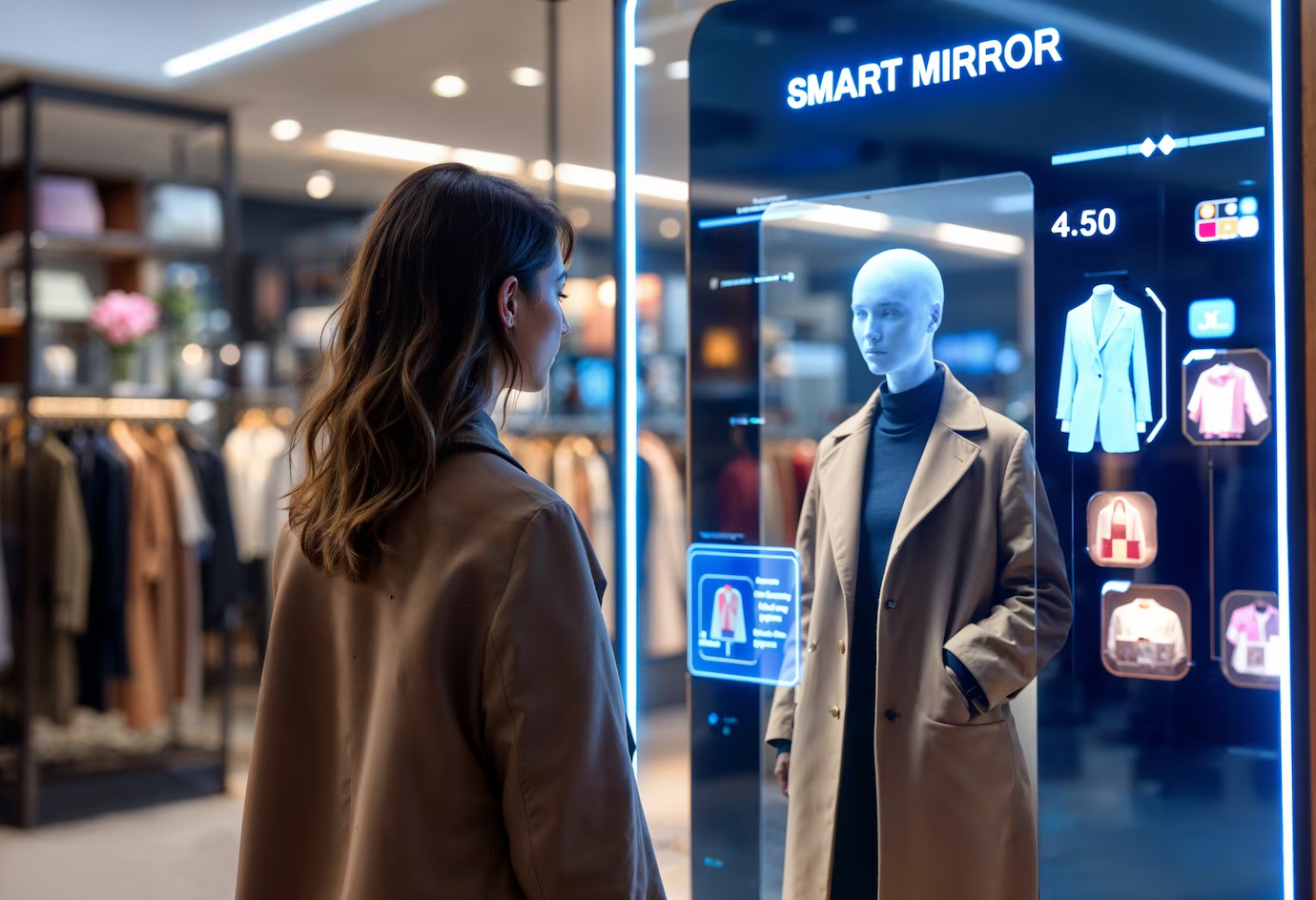The Future of E-commerce: AI-Powered Personalization and Seamless Integrations

E-commerce has evolved dramatically over the past decade, with businesses continuously seeking ways to enhance customer experience and streamline operations. As we move forward, two major trends are shaping the future of online retail: AI-powered personalization and seamless system integrations. These advancements are revolutionizing how businesses engage with customers, manage inventory, and optimize the shopping experience.
AI-Powered Personalization: The Next Frontier
Consumers today expect personalized shopping experiences that cater to their preferences and behaviors. Artificial Intelligence (AI) is making this possible by analyzing vast amounts of customer data and delivering tailored recommendations. Here’s how AI is transforming personalization in e-commerce:
1. Smart Product Recommendations
AI-driven recommendation engines analyze browsing history, past purchases, and user behavior to suggest products that align with individual preferences. Amazon, Netflix, and Shopify-powered stores are already leveraging this technology to increase conversions and enhance customer satisfaction.
2. Chatbots & AI-Powered Customer Support
AI chatbots are no longer limited to answering basic queries. Advanced natural language processing (NLP) allows them to provide personalized product suggestions, process orders, and even resolve complaints. These AI-driven assistants ensure 24/7 customer engagement, reducing the need for human intervention.
3. Dynamic Pricing Strategies
AI algorithms monitor market trends, competitor pricing, and customer demand in real time to optimize pricing strategies. Businesses can implement dynamic pricing to offer personalized discounts or adjust prices based on customer behavior, maximizing revenue and competitiveness.
4. Visual and Voice Search
With AI-driven visual search, customers can upload images of products they like, and the system finds similar items from the catalog. Additionally, voice search is gaining popularity, with AI-powered assistants like Alexa and Google Assistant enabling hands-free shopping experiences.
Seamless Integrations: The Key to E-commerce Success
While AI personalization enhances customer engagement, seamless integration of e-commerce platforms with various business systems ensures efficient operations. Retailers must connect their online stores with ERP, CRM, supply chain, and payment gateways to provide a smooth customer experience.
1. ERP and Inventory Management Integration
Integrating e-commerce platforms with ERP (Enterprise Resource Planning) systems helps businesses manage inventory in real time. This ensures accurate stock levels, prevents overselling, and automates order fulfillment. Solutions like ERPNext are leading the way in providing integrated e-commerce solutions.
2. Payment Gateway & Fraud Prevention
Seamless integration of multiple payment gateways (PayPal, Stripe, Apple Pay) ensures secure and convenient transactions. AI-driven fraud detection systems analyze transaction patterns to prevent fraudulent activities, enhancing customer trust.
3. CRM and Omnichannel Engagement
Integrating e-commerce with CRM (Customer Relationship Management) systems helps businesses track customer interactions, personalize marketing campaigns, and enhance customer loyalty. Omnichannel strategies enable a unified shopping experience across online stores, mobile apps, and physical stores.
4. Logistics & Last-Mile Delivery Optimization
AI-powered logistics solutions ensure faster and more efficient deliveries. E-commerce platforms integrate with logistics providers (DHL, FedEx) to provide real-time shipment tracking and optimized delivery routes. Same-day and drone deliveries are emerging trends that will further redefine last-mile logistics.
Conclusion
As e-commerce continues to evolve, AI-powered personalization and seamless integrations are no longer optional—they are essential for staying competitive. By leveraging AI to deliver tailored customer experiences and integrating backend systems for operational efficiency, businesses can create a more intuitive, responsive, and scalable digital storefront. In today's era and beyond, success in e-commerce will hinge on how well companies embrace these technologies to meet rising customer expectations and drive growth.



